Attention Deficit Hyperactivity Disorder (ADHD) affects millions of individuals across all age groups, significantly influencing focus, impulse control, and executive function. While prescription medications like Adderall and Ritalin have long been the cornerstone of ADHD treatment, there’s growing interest in over the counter ADHD supplements that may enhance attention and cognitive performance with fewer side effects. These focus supplements for ADHD are not only more accessible but are also gaining traction among adults and students seeking mental clarity without pharmaceutical dependency. This article explores how certain energy supplements for ADHD, particularly those aimed at supporting dopamine and neurotransmitter balance, may improve concentration, reduce mental fatigue, and enhance overall cognitive function.
You may also like: How to Choose the Best Brain Supplements for Adults: Science-Backed Ingredients That Support Focus, Memory, and Mental Clarity
In this in-depth exploration, we will uncover the mechanisms behind dopamine supplements for ADHD, discuss the efficacy of OTC ADHD supplements, and examine the science behind supplements for attention and focus. By understanding the nutritional, neurological, and lifestyle-based approaches available, readers can make informed, safe, and empowering decisions about alternative ADHD support.
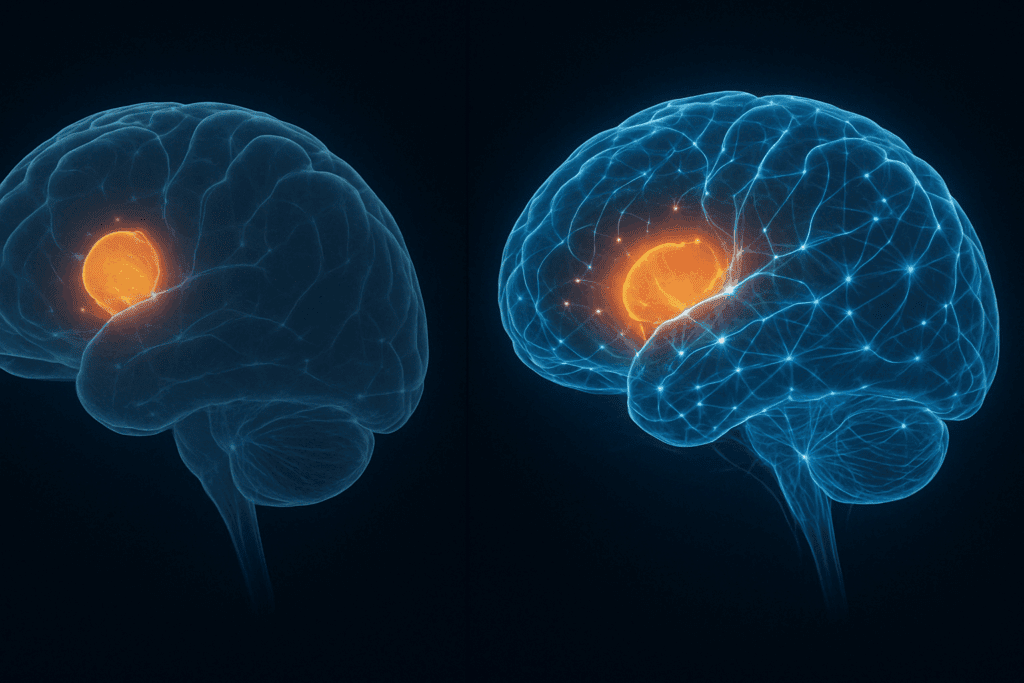
Understanding ADHD and the Dopamine Connection
At the heart of ADHD lies a disruption in dopamine signaling. Dopamine is a neurotransmitter crucial for reward processing, motivation, and sustained attention. For individuals with ADHD, dopamine activity in key brain regions—particularly the prefrontal cortex—is often lower than average. This underactivity contributes to the hallmark symptoms of distractibility, impulsivity, and mental restlessness.
Pharmaceutical stimulants work primarily by increasing dopamine levels or slowing its reuptake, allowing the brain to maintain greater dopamine signaling for extended periods. However, not all individuals respond well to prescription stimulants, and some experience unwanted side effects such as sleep disturbances, elevated blood pressure, or appetite suppression. As a result, the interest in dopamine supplements for ADHD has expanded.
These supplements aim to increase dopamine in ADHD naturally by supporting the precursors or cofactors needed for dopamine synthesis. Tyrosine, for instance, is a well-researched amino acid that converts into L-DOPA and then into dopamine. Likewise, B-complex vitamins, magnesium, and adaptogenic herbs have all been implicated in modulating dopamine production or receptor sensitivity. Understanding these pathways provides the foundation for identifying the best focus supplements for ADHD that target these neurochemical imbalances.
What Makes an Effective Focus Supplement?
The efficacy of any cognitive supplement depends on its ability to influence specific brain regions responsible for attention, impulse control, and working memory. A successful supplement for attention and focus doesn’t rely on a single ingredient but often works synergistically through a combination of bioactive compounds.
Effective OTC ADHD supplements typically share several characteristics. First, they support neurotransmitter synthesis—especially dopamine, norepinephrine, and acetylcholine. Second, they offer antioxidant protection to reduce oxidative stress in the brain, which can interfere with neuronal signaling. Third, they improve cerebral blood flow, ensuring that brain cells receive adequate oxygen and nutrients to function optimally.
Many over the counter ADHD supplements contain ingredients like Rhodiola rosea, ginkgo biloba, and phosphatidylserine, each with different mechanisms but similar cognitive benefits. The goal is not to mimic prescription stimulants but to support the brain’s natural rhythm and neurochemistry, which can lead to more sustainable improvements in attention and executive functioning.
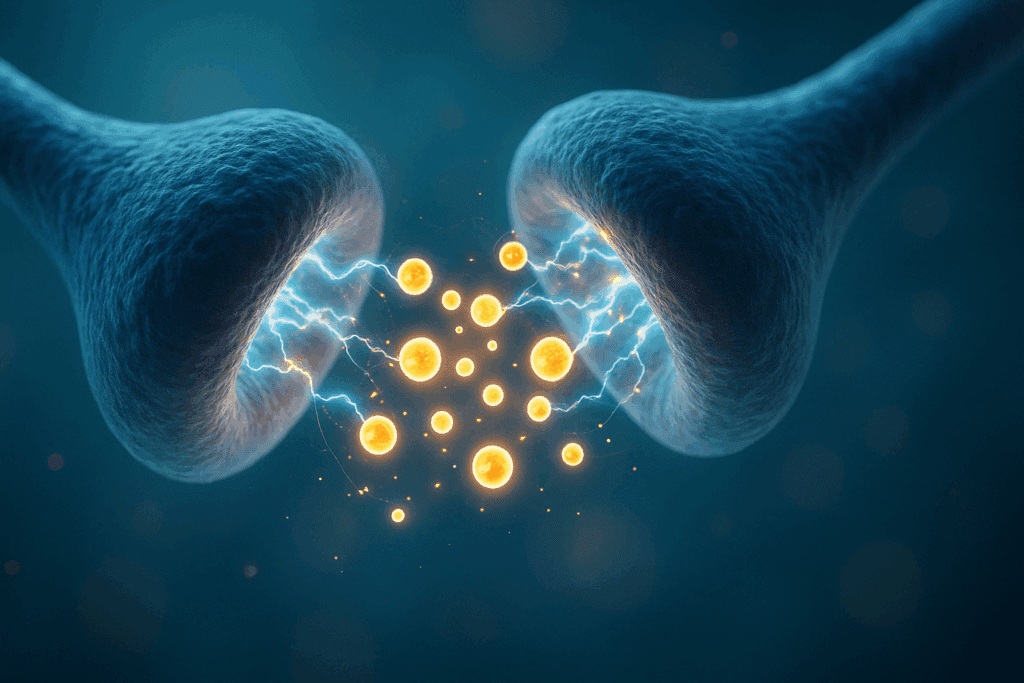
Do Dopamine Supplements Work for ADHD?
The question, do dopamine supplements work for ADHD, is both timely and complex. The short answer is: they can—but results vary depending on the individual’s biochemistry and the supplement’s formulation. Unlike stimulants, which cause an acute spike in dopamine levels, natural dopamine boosters act more subtly, nourishing the pathways involved in dopamine production and uptake.
For example, L-tyrosine has shown promise in small studies and clinical observations. As a dopamine precursor, it is particularly useful during periods of stress or cognitive demand when dopamine stores are quickly depleted. Likewise, N-Acetyl L-Cysteine (NAC), a compound more commonly associated with liver health, can influence glutamate regulation and reduce compulsive behaviors often seen in ADHD.
Incorporating dopamine supplements for ADHD may also help reduce the emotional dysregulation that often co-occurs with the condition. This is because dopamine plays a crucial role in emotional reward processing. Supplements that increase dopamine gently over time—rather than causing spikes—can foster more emotional resilience and attentional control.
Exploring the Best Focus Supplements for ADHD
Among the growing list of focus supplements for ADHD, several consistently rise to the top based on scientific evidence, safety profile, and user feedback. One of the most well-regarded is Citicoline (CDP-Choline), a compound that enhances acetylcholine production and supports dopamine receptor density. By improving membrane fluidity in neurons and stimulating dopamine release, Citicoline delivers multi-faceted cognitive support.
Another popular compound is phosphatidylserine, a phospholipid essential for healthy cell membranes and neurotransmitter activity. This supplement has been studied in both children and adults with attention difficulties and is often included in OTC ADHD supplements because of its neuroprotective and mood-regulating effects.
Omega-3 fatty acids, particularly EPA and DHA, also deserve special mention. Numerous studies have linked omega-3 supplementation with reduced hyperactivity and inattention, especially in children. While not typically classified as a stimulant or nootropic, omega-3s improve membrane signaling and reduce inflammation, making them foundational in many supplements for attention and focus.
For those seeking quicker results, caffeine and L-theanine remain a classic combination. While caffeine alone can cause jitteriness or rebound fatigue, combining it with L-theanine (an amino acid found in green tea) smooths the stimulation, creating a balanced state of alertness and calm. This blend is increasingly found in energy supplements for ADHD, especially those marketed to adults or college students needing sustained focus.
The Rise of ADHD Drops and Liquid Supplements
Liquid supplements are becoming increasingly popular for their convenience and rapid absorption, leading to the emergence of ADHD drops as a viable alternative to capsules or tablets. These formulations often combine herbal extracts, amino acids, and micronutrients in precise ratios to support neurocognitive function.
One reason ADHD drops are gaining attention is their ability to bypass digestive inefficiencies. For individuals with gut health challenges—which are common in those with ADHD—liquid supplements may offer superior bioavailability. Ingredients such as bacopa monnieri, ginseng, or lion’s mane mushroom are commonly included in these formulations for their adaptogenic and neurotrophic effects.
Another benefit of ADHD drops is dosage flexibility. Users can more easily titrate their intake based on need and tolerance, an option not typically available with fixed-dose pills. This makes over the counter ADHD supplements in liquid form especially appealing to parents seeking customizable support for children or adults who struggle with swallowing pills.
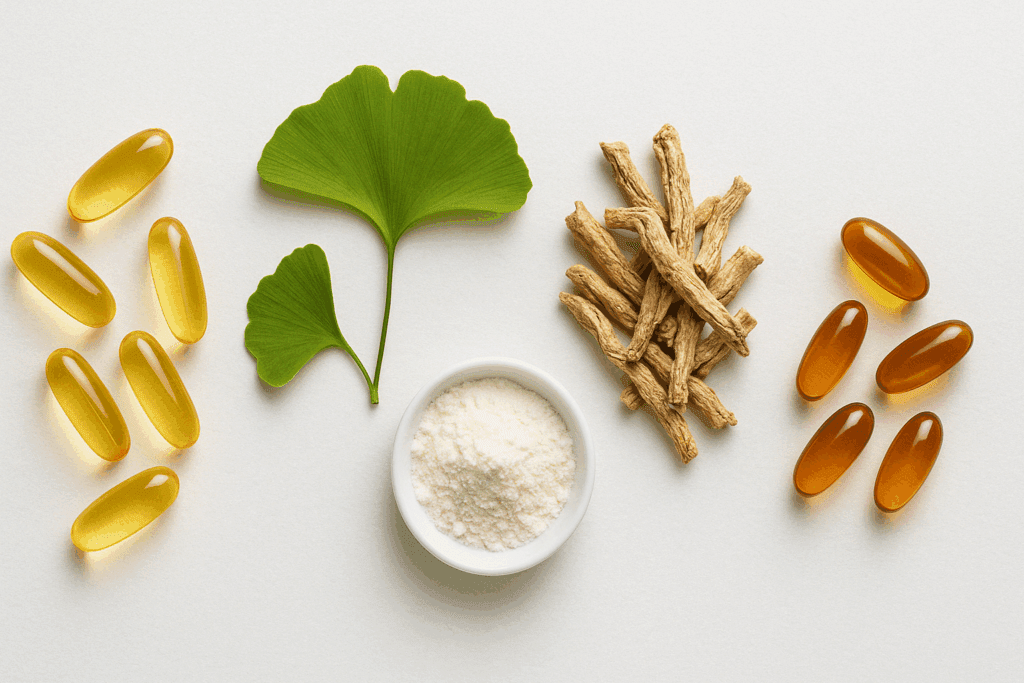
Supplements to Increase Dopamine in ADHD: What Science Says
Understanding how to increase dopamine in ADHD naturally involves more than simply taking tyrosine or drinking green tea. True dopamine support requires a multifaceted approach that includes the right cofactors, such as vitamin B6, zinc, magnesium, and iron—each of which plays a direct role in the enzymatic processes involved in dopamine metabolism.
Vitamin B6, for example, is essential for the decarboxylation of L-DOPA into dopamine. A deficiency in B6 can impair this conversion, reducing the effectiveness of otherwise beneficial supplements. Zinc and magnesium, on the other hand, support dopamine receptor sensitivity and help modulate the excitatory-inhibitory balance in the brain.
Additionally, adaptogens like Rhodiola rosea and ashwagandha contribute indirectly to dopamine regulation by reducing cortisol and improving overall stress resilience. Since chronic stress depletes dopamine, these supplements can help restore balance without overstimulating the central nervous system. For these reasons, many supplements to increase dopamine in ADHD now combine botanical adaptogens with amino acid precursors to deliver broader, more sustainable benefits.
Energy Supplements for ADHD: Beyond the Buzz
While the phrase energy supplements for ADHD may conjure images of sugary drinks and stimulants, true energy-enhancing supplements for this population go much deeper. Individuals with ADHD often experience mental fatigue and burnout due to the constant effort required to maintain focus. Therefore, energy support must target cellular metabolism and brain endurance rather than short-term stimulation.
CoQ10 and Acetyl-L-Carnitine are two such compounds that support mitochondrial energy production and have shown promise in cognitive fatigue. These ingredients improve ATP synthesis and neuronal recovery, making them especially beneficial during long periods of concentration or emotionally taxing situations.
B vitamins, especially B12 and folate, also play a critical role in energy metabolism and neurological function. Their deficiency is surprisingly common among people with ADHD and can contribute to brain fog and inattentiveness. As part of a comprehensive approach, energy supplements for ADHD that include mitochondrial support, stress modulation, and neurotransmitter enhancement may provide deeper and more enduring improvements in focus and vitality.
Choosing the Right Over-the-Counter ADHD Supplements
Navigating the sea of available OTC ADHD supplements can be overwhelming, especially given the variability in ingredient quality, dosage accuracy, and regulatory oversight. Choosing the right supplement requires more than just scanning for familiar ingredients; it involves evaluating clinical support, formulation synergy, and the company’s transparency.
Reputable brands typically invest in third-party testing, provide Certificates of Analysis (COAs), and source ingredients responsibly. When evaluating over the counter ADHD supplements, look for comprehensive formulas that combine amino acids, vitamins, adaptogens, and nootropics with demonstrated benefits for attention and cognition.
Personalization is also crucial. Some individuals respond better to choline donors like Alpha-GPC, while others find tyrosine or L-theanine more effective. It’s also essential to consider potential interactions with medications and existing health conditions. Consulting a functional medicine practitioner or integrative health provider can help tailor a regimen of focus supplements for ADHD that complements your specific needs.
What to Avoid When Selecting ADHD Supplements
Despite the growing market for supplements for attention and focus, not all products are created equal. Some may include excessive caffeine, hidden additives, or untested proprietary blends that obscure the true dose of active ingredients. These red flags can undermine efficacy or lead to unintended side effects.
Steer clear of products that make exaggerated claims, such as “cures ADHD in 7 days” or “100% focus guaranteed.” Such statements are not only misleading but also violate the principles of responsible supplement marketing. Legitimate best focus supplements for ADHD emphasize gradual improvements, support neurotransmitter balance, and are backed by credible research or clinical validation.
Another concern is filler ingredients that dilute potency. Artificial colors, sweeteners, and preservatives can not only affect absorption but may also trigger sensitivities in children or adults with ADHD. Clean labels, transparency, and research-backed formulas are non-negotiable when selecting truly effective OTC ADHD supplements.
How Lifestyle and Nutrition Complement Supplementation
Supplements alone are rarely a silver bullet for managing ADHD. Instead, they function best as part of a holistic regimen that includes consistent sleep, balanced nutrition, physical activity, and mindfulness practices. Research shows that individuals with ADHD benefit significantly from structured routines and environments that minimize overstimulation and enhance self-regulation.
Diets rich in protein, complex carbohydrates, and omega-3 fatty acids support steady blood sugar levels and neurotransmitter synthesis. Physical activity stimulates dopamine release and enhances executive function. Practices like meditation and biofeedback can improve emotional regulation and cognitive flexibility.
When combined with thoughtfully chosen supplements for attention and focus, these strategies create a synergistic effect. The right over the counter ADHD supplements can then serve as a bridge—amplifying the impact of lifestyle changes and empowering individuals to reclaim control over their cognitive well-being.
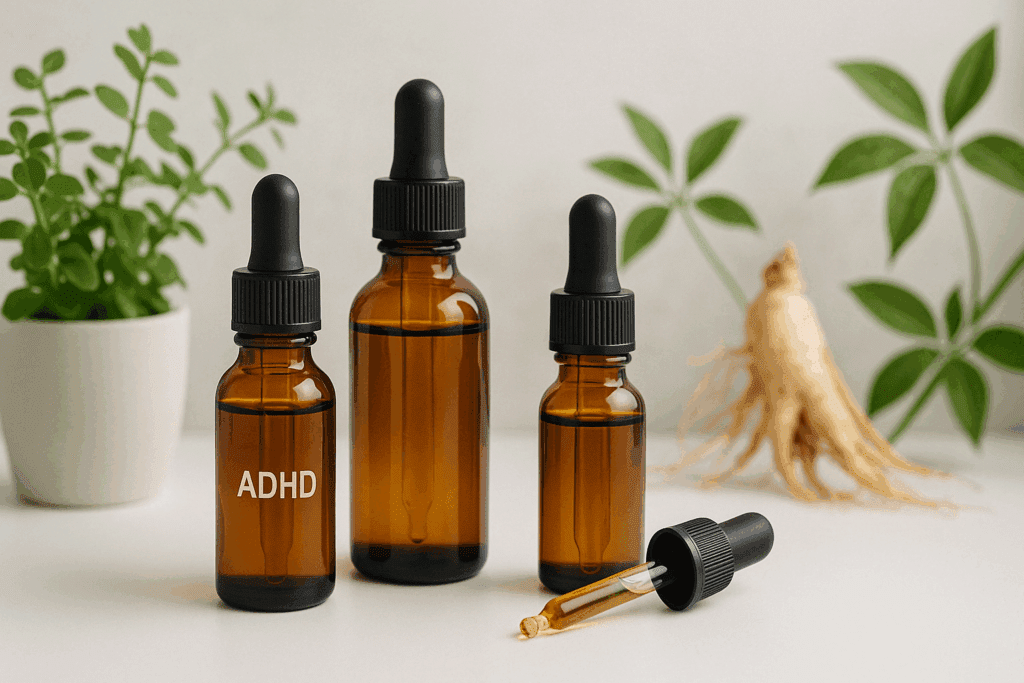
Frequently Asked Questions (FAQ) — Best Focus Supplements for ADHD
1. Can lifestyle factors influence how well energy supplements for ADHD work?
Absolutely. The effectiveness of energy supplements for ADHD can be significantly influenced by lifestyle habits such as sleep quality, physical activity, and dietary consistency. For instance, a supplement that targets dopamine pathways may work better when combined with consistent exercise, which naturally boosts dopamine production. Likewise, poor sleep can blunt the cognitive benefits of even the best focus supplements for ADHD. It’s important to treat these supplements as complementary tools, not miracle fixes, especially in complex neurodevelopmental conditions like ADHD.
2. Do dopamine supplements work for ADHD in individuals with co-occurring anxiety?
Dopamine supplements for ADHD can be beneficial for enhancing motivation and cognitive drive, but they may sometimes exacerbate anxiety symptoms in sensitive individuals. Dopamine and norepinephrine pathways interact closely with stress responses, which means overstimulation can lead to restlessness or jitteriness. This is why many high-quality over the counter ADHD supplements now include adaptogens like Rhodiola rosea or L-theanine to buffer against overstimulation. If you experience heightened anxiety, seek out focus supplements for ADHD that balance dopamine support with calming agents.
3. How do otc ADHD supplements differ from prescription medications in long-term brain health?
While prescription ADHD medications like Adderall and Ritalin provide immediate and potent effects, some research suggests that long-term use may affect neural plasticity, especially in younger brains. OTC ADHD supplements, by contrast, generally offer gentler, cumulative benefits aimed at enhancing brain health without drastically altering neurotransmission. Many supplements to increase dopamine in ADHD also contain neuroprotective compounds like phosphatidylserine or bacopa monnieri, which support memory and resilience over time. Choosing supplements with long-term neuroprotective benefits may offer a more sustainable cognitive enhancement path for certain individuals.
4. What are the most overlooked ingredients in the best focus supplements for ADHD?
While ingredients like caffeine or L-tyrosine are commonly spotlighted, lesser-known compounds such as uridine monophosphate, NAC (N-acetyl cysteine), and sulbutiamine may provide underappreciated benefits. These compounds not only enhance dopamine transmission but also improve mitochondrial energy efficiency—an often overlooked factor in mental fatigue. High-performing energy supplements for ADHD sometimes include mitochondrial cofactors like CoQ10 or PQQ to support sustained cognitive stamina. When choosing a supplement, look for advanced formulations that go beyond basic stimulant effects to support holistic brain function.
5. Can ADHD drops offer faster results compared to capsules or powders?
ADHD drops—liquid supplements designed for sublingual or rapid digestion—often provide faster onset due to quicker absorption. This delivery method bypasses the digestive system to enter the bloodstream more directly, which may benefit individuals with poor nutrient absorption or those needing immediate focus support. However, not all ADHD drops are created equal; look for formulas backed by third-party testing and containing bioavailable ingredients like methylated B vitamins. For users looking for fast-acting over the counter ADHD supplements, drops may be an excellent addition to their toolkit.
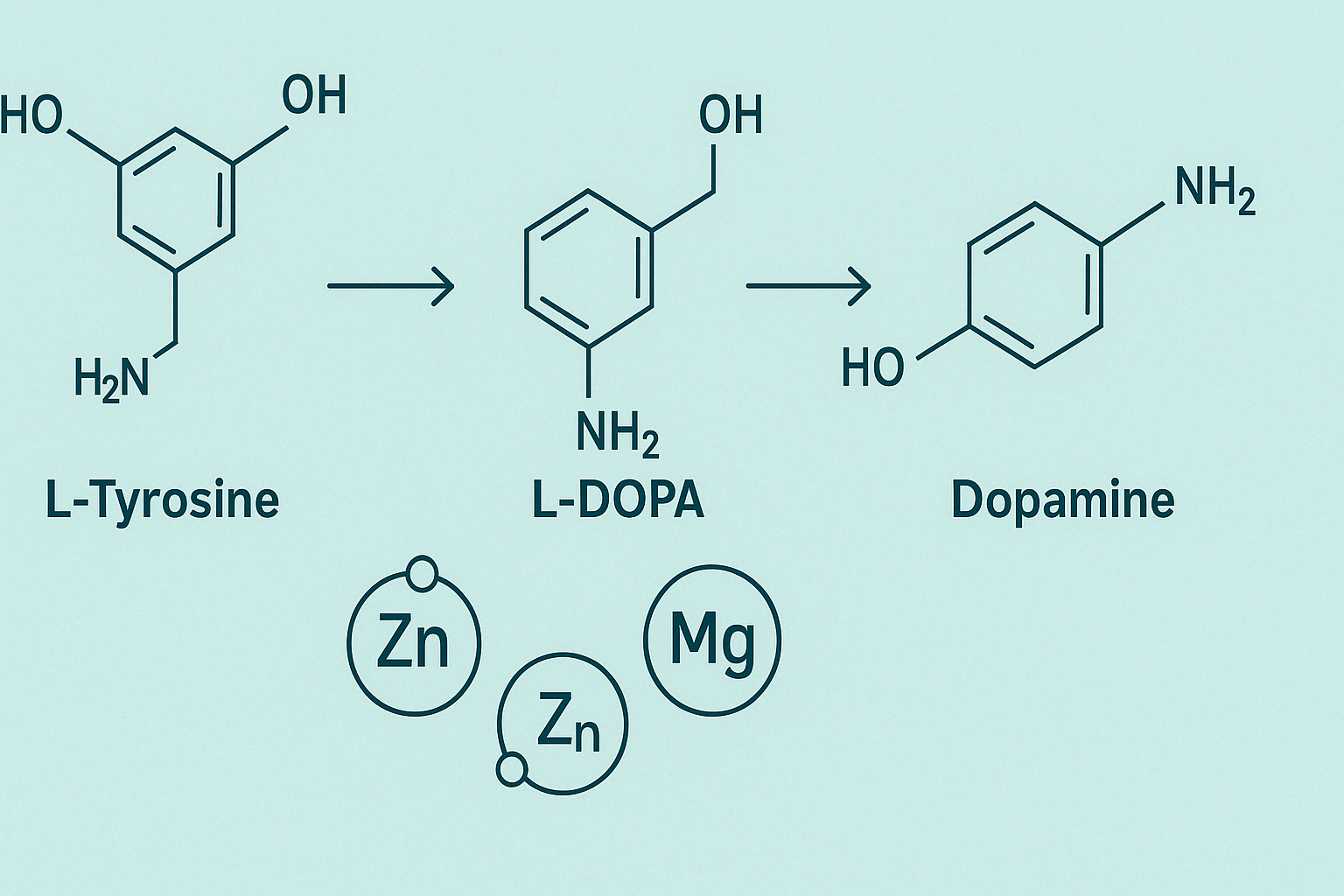
6. How do focus supplements for ADHD affect productivity in adults versus teens?
Adults often use focus supplements for ADHD to support task initiation, productivity at work, or executive function during complex multitasking. In contrast, teens may benefit more from supplements that reduce impulsivity and support school-related concentration. The neurological maturation level also affects how supplements to increase dopamine in ADHD perform—adults typically respond better to adaptogenic and neurotropic ingredients, while teens may benefit more from foundational nutrients like magnesium, zinc, and omega-3s. Tailoring supplement choices based on age and cognitive demands can maximize benefits and minimize side effects.
7. Are there risks of dependency or tolerance with long-term use of over the counter ADHD supplements?
While OTC ADHD supplements generally pose less risk for dependency than pharmaceuticals, tolerance to certain stimulant-like ingredients—such as caffeine or phenylalanine—can still develop. To avoid this, some experts recommend cycling supplements or rotating between different focus-enhancing ingredients. Look for dopamine supplements for ADHD that include adaptogens or support neurotransmitter precursors rather than relying solely on fast-acting stimulants. Building a supplement strategy that rotates compounds and supports underlying brain health is key to preventing tolerance.
8. How can parents evaluate the safety of supplements for attention and focus in children?
Evaluating supplements for attention and focus in children requires more caution than in adults. Look for third-party testing, GMP (Good Manufacturing Practice) certification, and age-specific dosing. Avoid products with proprietary blends that obscure exact ingredient amounts, and prioritize formulas backed by pediatric trials. Many energy supplements for ADHD in children include omega-3s, iron, and magnesium, which support foundational neurodevelopment. Always consult a pediatric healthcare provider before introducing new supplements into a child’s regimen.
9. What role do amino acids play in otc ADHD supplements?
Amino acids are the building blocks of neurotransmitters, making them fundamental in many over the counter ADHD supplements. L-tyrosine, for example, is a precursor to dopamine and norepinephrine, both essential for attention and motivation. When taken with cofactors like vitamin B6 and folate, amino acid-based supplements can significantly enhance neurotransmitter synthesis. While amino acids are common in energy supplements for ADHD, their true potential lies in how well they’re paired with supportive compounds for absorption and efficacy. Choosing supplements with full-spectrum amino acid profiles can deliver deeper benefits over time.
10. What trends are emerging in the development of next-gen dopamine supplements for ADHD?
The future of dopamine supplements for ADHD lies in personalized formulations, AI-driven nutrient matching, and targeted delivery systems like liposomal encapsulation. These technologies aim to improve both the absorption and efficacy of traditional compounds like L-dopa and tyrosine. Additionally, biotech companies are exploring microbiome-linked formulations that influence dopamine production via gut-brain signaling. Innovations like wearable neurofeedback combined with supplements for attention and focus are also on the horizon, merging neuroscience and nutraceuticals into smarter, more adaptive interventions. This evolution reflects a move away from one-size-fits-all solutions toward bio-individualized care in ADHD management.
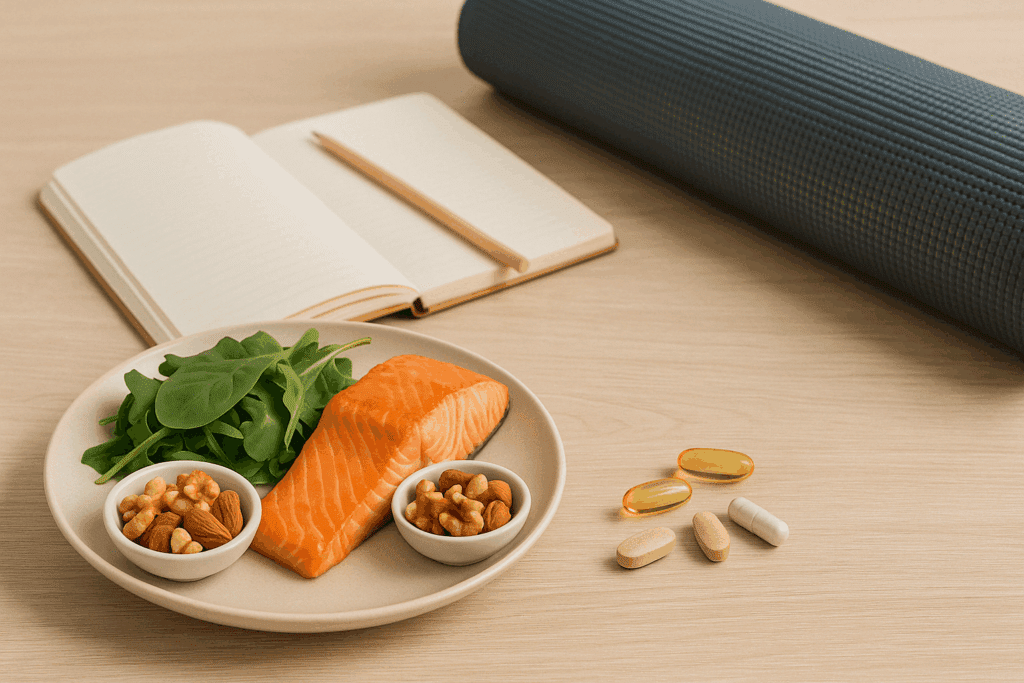
Final Thoughts: Why Choosing the Best Focus Supplements for ADHD Matters
For those navigating the complex landscape of ADHD management, best focus supplements for ADHD offer a compelling alternative or complement to traditional medication. By supporting dopamine pathways, improving mental clarity, and enhancing energy metabolism, these supplements can help address the root causes of inattentiveness and executive dysfunction. Importantly, do dopamine supplements work for ADHD? In many cases, yes—especially when integrated into a personalized, holistic approach that honors the brain’s unique chemistry.
From energy supplements for ADHD that sustain mental stamina to supplements to increase dopamine in ADHD that nourish cognitive circuits, the options available today are more sophisticated and science-backed than ever before. With the growing availability of ADHD drops, customizable formulations, and clean-label products, individuals have more tools than ever to support focus, productivity, and quality of life.
As always, it’s vital to approach these supplements with a mindset grounded in safety, education, and expert guidance. Whether you are a college student, working professional, or parent exploring options for a child, understanding how over the counter ADHD supplements interact with neurobiology can help unlock new avenues for mental clarity and decision-making. Done correctly, supplementing for ADHD is not about chasing a quick fix—it’s about creating long-term cognitive resilience.
Was this article helpful? Don’t let it stop with you. Share it right now with someone who needs to see it—whether it’s a friend, a colleague, or your whole network. And if staying ahead on this topic matters to you, subscribe to this publication for the most up-to-date information. You’ll get the latest insights delivered straight to you—no searching, no missing out.
Further Reading:
10 Supplements and Vitamins for Brain Health
12 Dopamine Supplements to Boost Your Mood
Nutritional Supplements for the Treatment of Attention-Deficit Hyperactivity Disorder


